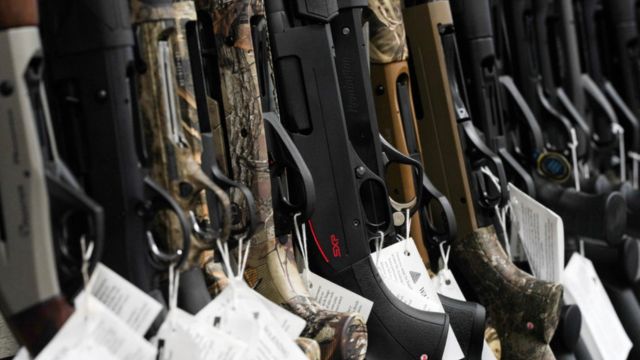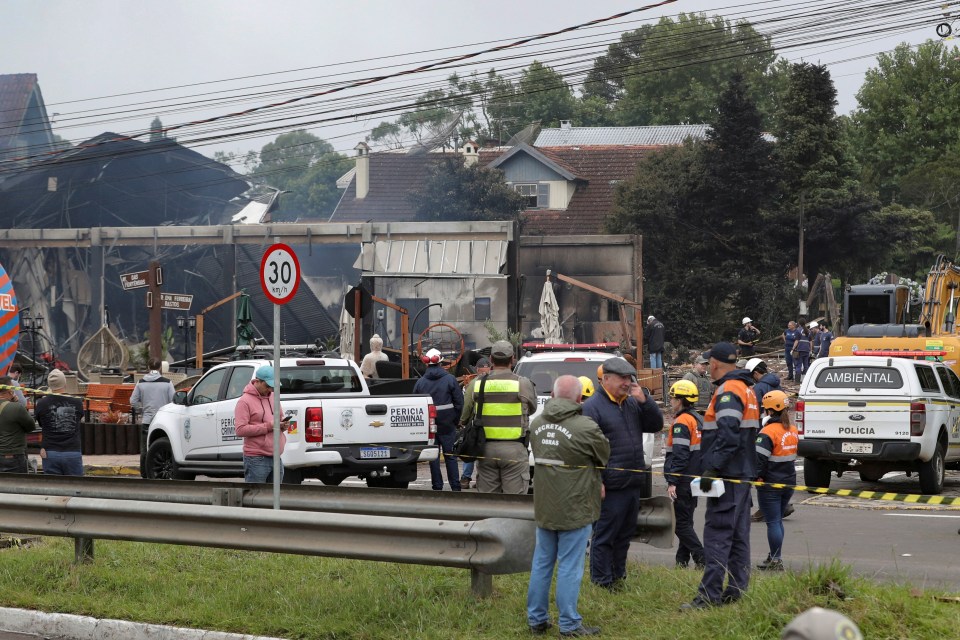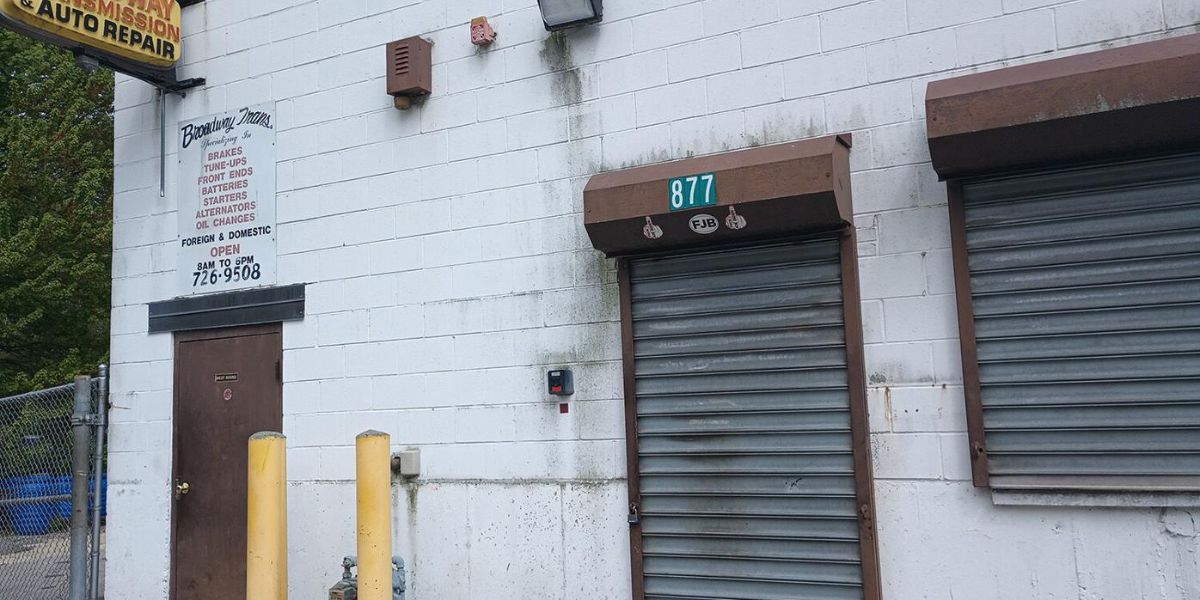Koziol Firearms Seeks Rhode Island Supreme Court Intervention In Gun Sales Dispute
CENTRAL FALLS – When a Superior Court judge rejected Koziol Firearms Inc.’s appeal of the Zoning Board’s decision to deny them use variances for a firearms sales and production firm, on April 19, municipal officials celebrated a triumph in the legal system.
However, The Breeze was notified by lawyer Michael Horan that Koziol representatives—the proprietors of Broadway Transmission and Auto Repair, located at 877 High St.—filed a second appeal with the Rhode Island Supreme Court on May 2.
Horan, who acted as Koziol’s legal representative, claims that the appeal will enable them to introduce fresh proof against a 1992 city rezoning amendment that barred Broadway Transmission from conducting business with weapons.
Records show that when Richard Koziol, the proprietor of Koziol Firearms, first bought the property where Broadway Transmission now stands in 1989, it was zoning district M-2 heavy industry.
However, during the process of filing for two deviations to allow the business to sell and manufacture weapons in 2022, Koziol learned that the land had been reclassified in 1992 from an M-2 industrial zone to an R-2 residential zone.

Horan has now acquired council records that indicate the zoning modifications were published in The Pawtucket Times in January 1992, but they do not specifically state that the property owners were informed, as required by law.
Horan said that the documents also show that the adjustments were vetoed by the mayor without being overridden, changed, and then voted on and enacted without being publicized in the newspaper or given notice to the tenants.
“When they amended the zoning in 1992, they didn’t follow the correct procedures,” he claimed. “That area is not a residential area; all of the buildings there are mills and commercial.” My client is entitled to consideration in accordance with the applicable zoning code.
SEE MORE – D-25 State Senate Race Sees Two Johnston Men As Contenders
Horan said that old zoning maps have also been acquired and will be used as proof in an appeal of the way the rezoning revisions were handled.
The appellant used that defense to persuade the judge that the city had erred in rejecting their requests for use variances, according to City Solicitor Matt Jerzyk, who retained attorney Nick Hemond to represent the city.
According to Jerzyk, the judge rejected Koziol’s arguments, finding insufficient proof that the rezoning was invalid because Koziol wasn’t informed appropriately or it was implemented improperly.

Furthermore, Jerzyk claims Koziol made it apparent that their primary objective in submitting the request was to increase revenue, which is contrary to a fundamental tenet of the city’s zoning code.
Christopher Koziol, a co-owner of Broadway Transmission, stated in a September 2022 hearing that “Koziol Firearms would continue operating Broadway Transmission during the day and the firearm manufacturing and sales would occur in the evening,” according to the official record kept by Judge Jeffrey Lanphear.
Furthermore, he stated that “Koziol Firearms would continue solely with Broadway Transmission, although they would like to do both” if the use variance request was denied.
Hemond claims that this was the legal basis for the application’s inability to be allowed and that the suggestion was to reject it due to the application’s failure to satisfy the relief standards.
According to Hemond, “a property can only be granted a variance when it has no other beneficial use.”
He said, “An applicant bears the burden of proving by sufficient evidence to the board that they would be deprived of any beneficial use of their property if they don’t get the use variance they are asking for.”
SEE MORE – “Catch” And “Jail!” Man Arrested In Connection With Fatal Shooting During Armed Robbery In NW DC
Hemond stated that Koziol would therefore need to demonstrate to the board that the land couldn’t be used for anything else, like residential or commercial space.
According to Hemond, “the property has to have a special quality that establishes the hardship and renders it unusable for any other purpose.”
He validated that Koziol is legally entitled to a second appeal following the judge’s final ruling, which would include a procedural document stating that the first count of their case over the use variances has been dismissed.
According to Hemond, the declaratory judgment, or appeal, is the second count in the complaint, and argues that the rezoning revisions from 1992 were not done correctly.
He stated, “The judge dismissed it without prejudice because they did pursue that relief in the right way.”
on Lanphear’s conclusion that insufficient evidence existed to support the second count on the rezoning amendments, Koziol maintains that there is, according to Horan.
“If you can’t accurately identify whether the land is in an industrial or residential zone, how can you decide the validity of the appeal?” he said.
According to Horan, this appeal will take some time, and the court may not hear it until the next spring.
He declared, “We want the court to determine what the appropriate zone is for this district.”
“This needs to be resolved, and the court has the right to address this for my client.”










